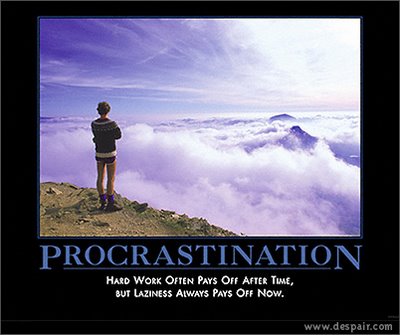Okay, I know that I'm behind the game on this one, but since I promised you fluff--fluff it is, with extra snark.
In case you missed all of the hoo-hah a few weeks ago, CBS gives us this:

Listen, I'm as big a sucker as the next gal. I was all behind the 100 movies, the 100 stars, and was particularly into the 100 movie quotes
(of course, I was trapped at a relative's house at the time, without internet access or cable...). But really, this is just too much to bear. For one thing, it's just TOO American. Do you see the BFI doing these kinds of things? I don't see
Laura Mulvey suddenly throwing "Visual Pleasure and Narrative Cinema" to the wind and hacking together some sort of "top 25 British spies" list. Our ongoing, longstanding cultural fascination with lists (
People Magazine's Most Beautiful People,
E's The Daily 10,
Cosmo's 25 things you do that drive him nuts!, etc., etc.) becomes a bit pathological here, no?
To top off that particular fixation, however, list-making psychosis turns its evil eye toward movies that inspire us?! I know that we can thank our Puritan ancestors and countrymen for this kind of theme; however, the amount of cheese present on this list makes AFI seem like a Wisconsin diary on steroids. I understand it when things like
The Diary of Anne Frank and I
n the Heat of the Night appear (numbers 18 and 21, respectively). I have enough aesthetic sense to appreciate
Lawrence of Arabia (number 30). Oh, all right, I do get all weepy
(but I don't know about inspired) when I see
Thelma and Louise (number 78). And hell, I was a teenager once, I can even get behind
Dead Poet's Society (number 52). These, however, are, for the most part, exceptions to the list.
What we see far more are things like:
Rudy (#54). What exactly is that supposed to inspire us to do? Painstakingly make one's way through college solely to play in one crap game of Notre Dame football?
The Sound of Music (#41). Leave the nunnery, find an ex-military man with a brood of children and fight Nazis with the power of Austrian folksongs.
Cool Hand Luke (#71). Go to prison, eat eggs. Lots of eggs. Die in a shootout.
Working Girl (#87). Insert your own joke here.
(If I were you, I'd go for one about Melanie Griffith, but that's just me.)
E.T. The Extra-Terrestrial (#6). I love me some Drew Barrymore, but come on. COME ON!! Find a little alien friend who will propel your bike into the air? Phone home?
Last but not least, and I can't believe that I didn't see it coming...The number 1, most inspiring American movie of all time (drum roll please)
 It's A Wonderful Life
It's A Wonderful Life. Gag me with a tripod.
It just doesn't get any smarmier than that, folks. At least I've been well-indocrinated enough to be able to parse the moral here, but it's doing nothing for me: you're not better off dead. Well, that's a relief.
Damn Frank Capra.
There should really be an alternative to this list, don't you think? 100 Movies that inspire you to commit crimes against nature? 100 Movies that inspire box office fiascos? 100 Movies that inspire you to put your own eyes out with a stick? "Inspire" is a transitive verb, and they should have been
more specific.
I invite you to make your own list, or add to any of the above.
***For a laugh, you might take in the
bun-o-vision version (say that three times fast).











